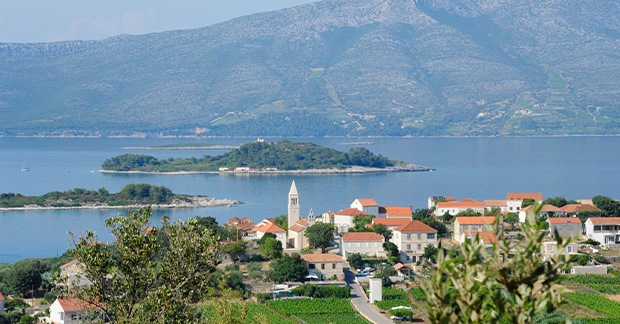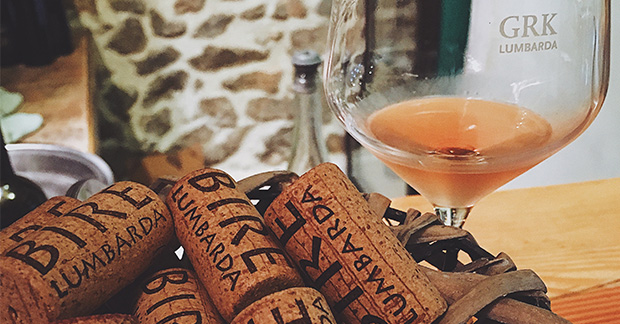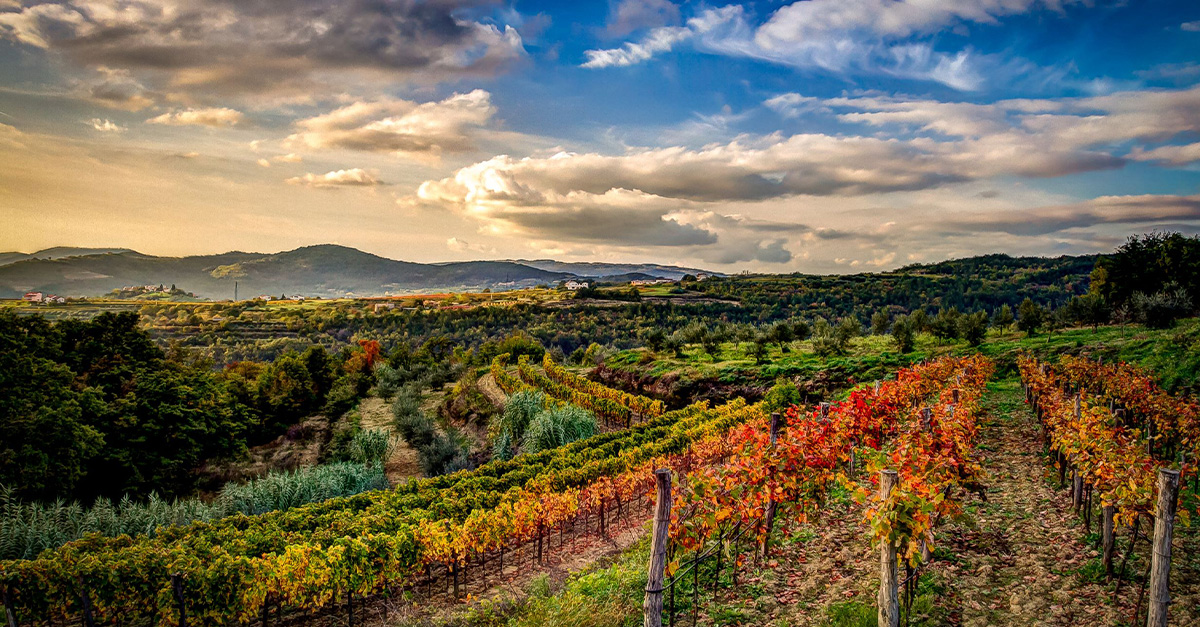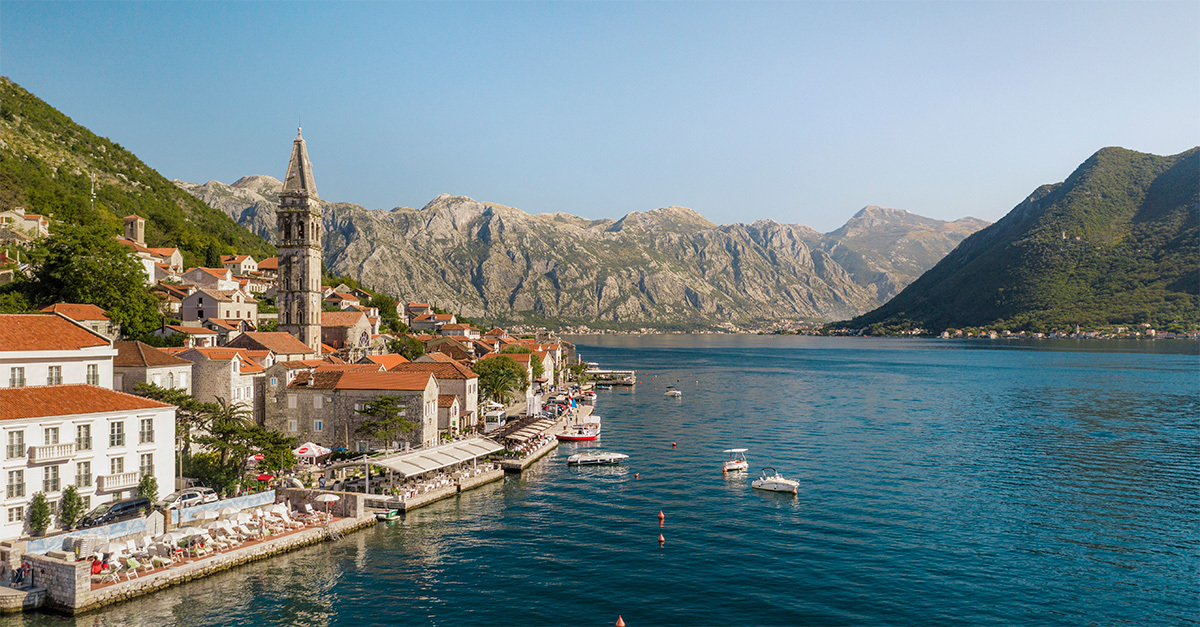You are viewing 1 of your 2 free articles
Why Croatia’s less-travelled wine routes should be on your to-book list
Croatia’s winemaking history dates back to the ancient Greeks. Mary Novakovich uncorks some of the best tasting spots
Click here to download and save as a PDF
Think of Europe’s wine producers and the big hitters – France, Spain, Italy – spring to mind. But, quietly in the background, Croatia has been producing high-quality, award-winning wines that remain under the radar of the average holidaymaker.
The fact that the country exports relatively little of its wine means that clients are best advised to travel to Croatia themselves to taste its delicious grape varietals, many of which aren’t found anywhere else in the world. Considering the beauty of Croatia’s wine regions – not to mention its cuisine – this should take very little persuading. It’s just a matter of narrowing it down.

King of the reds
Many holidaymakers make a beeline for the Adriatic, putting them in a prime spot for a pleasurable meandering wine tour along the coast. Just an hour north of Dubrovnik is the long thin finger of the Pelješac peninsula, where the indigenous red plavac mali grape produces robust dinga? – king of the Croatian reds.
In the rolling vineyards that sweep along the sun?drenched foothills of scrubby mountains, boutique wineries are happy to open their doors to thirsty visitors who want a crash course in Croatian wine – usually accompanied by generous platters of local charcuterie and cheeses.
En route, clients can take in one of Dalmatia’s most magnificent sights, the medieval defensive walls that link the villages of Ston and Mali Ston. Happily, for seafood lovers, the area around the two villages produces Dalmatia’s finest oysters.
Vineyards tumble down towards the sea
Southern Dalmatia’s wine route has a few more delights to explore, one handily reached from Pelješac by ferry from the town of Orebi?. After 20 minutes at sea, holidaymakers arrive at the island of Kor?ula, whose walled Kor?ula Town resembles a more intimate version of Dubrovnik. Just a few miles away is the fishing village of Lumbarda, where the vineyards produce an astonishingly good white wine called grk.
This beautifully dry wine is made by just eight wineries in this otherwise sleepy village, where vineyards tumble down towards the sea not far from some of Croatia’s rare sandy beaches. Another indigenous Kor?ula white grape – the full-bodied pošip – is grown farther west in the villages of Smokvica and ?ara.
And, as in most of Dalmatia, lovers of red wine can try different wineries’ versions of plavac mali. With a history of winemaking that goes back to the time of the ancient Greeks, perhaps it’s not so surprising that many of Croatia’s islands and regions have their own indigenous grape varietals.
In central Dalmatia, the wine route carries on to the small island of Vis, whose vugava grape – one of Croatia’s oldest – ends up in the glass as a strong, fruity and yellow-hued white.

Hvar and away
Honeypot Hvar is known to many holidaymakers for its beach bars and Hvar Town’s lively atmosphere, but not necessarily for its Stari Grad Plain of ancient vineyards. Here, on a vast and fertile plain, winemakers produce excellent plavac mali as well as wines from indigenous whites including bogdanuša – literally translated as gift from the gods.
Back on the mainland, the Adriatic coast between Split and Šibenik reveals a few more liquid gems. Using the exquisite town of Primošten as a base, clients can visit nearby wineries that specialise in the rich, heavy red wine that comes from the babi? grape, as well as crisp white debit wines.
As the Adriatic Highway winds along the coast – with a brief detour across the bridge that connects Krk island, home of the smooth whitežlahtina wine from Vrbnik – clients eventually reach one of Croatia’s biggest wine regions.
The heart-shaped Istrian peninsula is a magical mix of medieval hilltop towns, including Motovun and Grožnjan, and glittering coastal resorts such as the Venetian-style Rovinj and Pore?.
Within Istria’s serene landscape of vineyards and olive groves are wineries specialising in full-bodied teran reds and floral malvazija whites, along with varieties that have wandered over from neighbouring Italy, such as barbera and refošk reds and trebbiano and verduzzo whites.
The heart-shaped Istrian peninsula is a magical mix of medieval hilltop towns
Once holidaymakers leave the coast and head inland towards the capital, Zagreb, they enter Croatia’s continental wine-growing areas that are probably the least familiar but feature some of the country’s biggest producers.
Slavonia, the region that spreads eastwards along the Danube, Sava and Drava rivers, is a land of handsome Habsburg towns and vineyards producing refreshing graševina white wine.
Fans of red wine can discover the Croatian versions of cabernet franc, syrah, merlot and cabernet sauvignon – all cultivated with the same care and high standards, just waiting to be discovered.
More Balkan wine spots
Other countries of the former Yugoslavia also produce superb yet underrated wine. Head to Slovenia’s Vipava Valley to sample some crisp whites.
Montenegro was once the base of Yugoslavia’s industrial wine production, but now specialises in boutique wineries in the unspoilt lands around Lake Skadar.
And Serbia’s wine routes take in the mountains and monasteries of Fruška Gora near the northern city of Novi Sad. Also explore the Hungarian border around Subotica and the growing scene in the hills surrounding Belgrade.
Ask the expert

Jenna Jones, sales and business development manager, Grape Escapes
“Croatia is popular for sun and sea, but its wines and gastronomy are hidden gems. It’s well worth encouraging wine lovers to discover Croatia’s 130 grape varieties.
We have found that the best practice is to be clear about what is and isn’t included in packages (and highlight any exciting activities) and offer a fair commission.”
Book it
Grape Escapes has an eight-day wine-tasting tour of Istria from £3,734, including breakfast, two lunches, seven dinners, two winery visits and transport.
grapeescapes.net
PICTURES: Istria Tourist Board/Julien Duval; Adam Batterbee
Read more
x.travelweekly.co.uk/destinations/a-two-day-tour-of-croatian-coastal-city-rijeka">A two-day tour of Croatian coastal city rijeka
x.travelweekly.co.uk/destinations/explore-the-balkans-for-a-crowd-free-escape">Explore the Balkans for a crowd-free escape
x.travelweekly.co.uk/destinations/wine-tasting-in-jersey">Wine-tasting in Jersey






